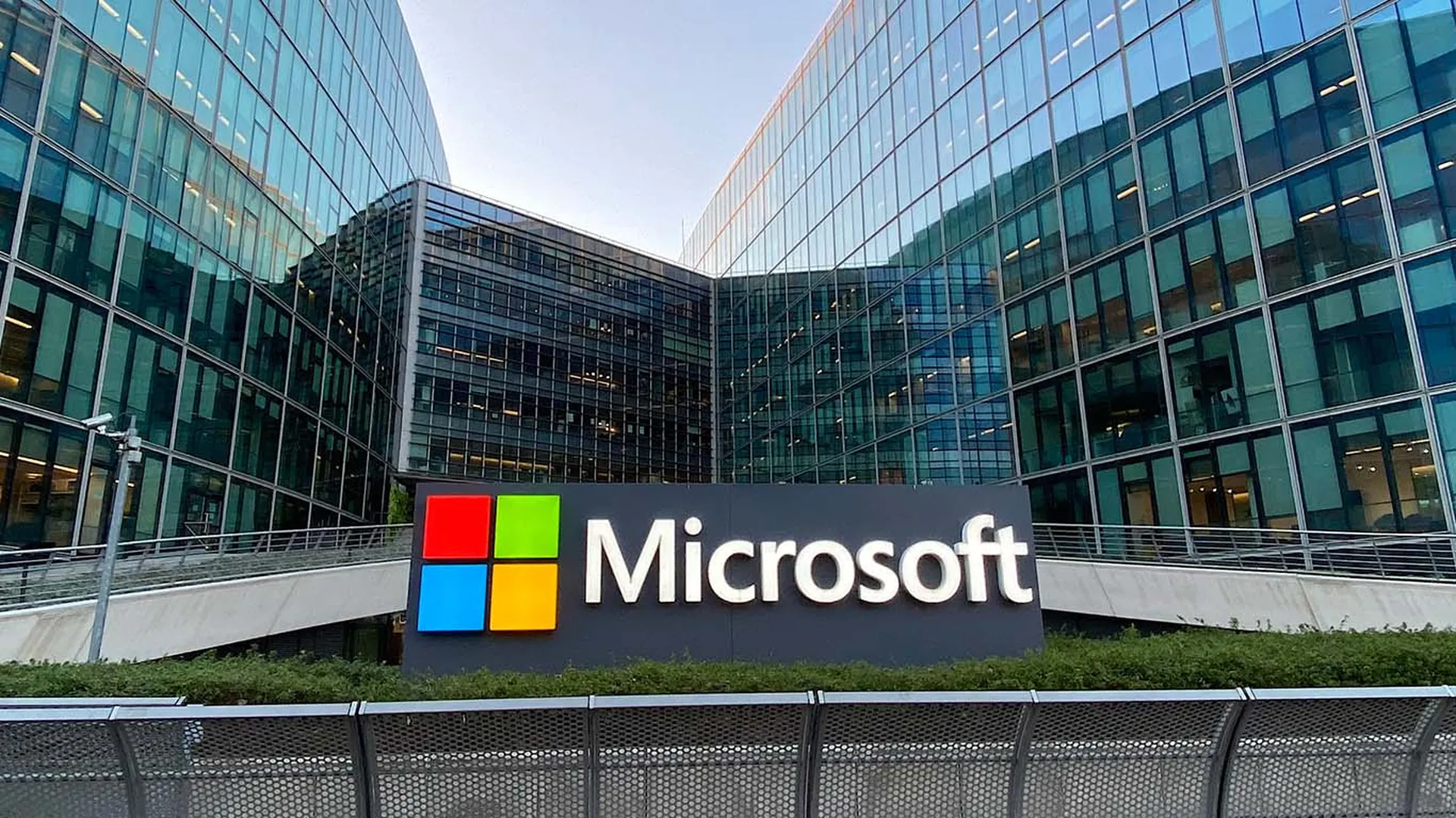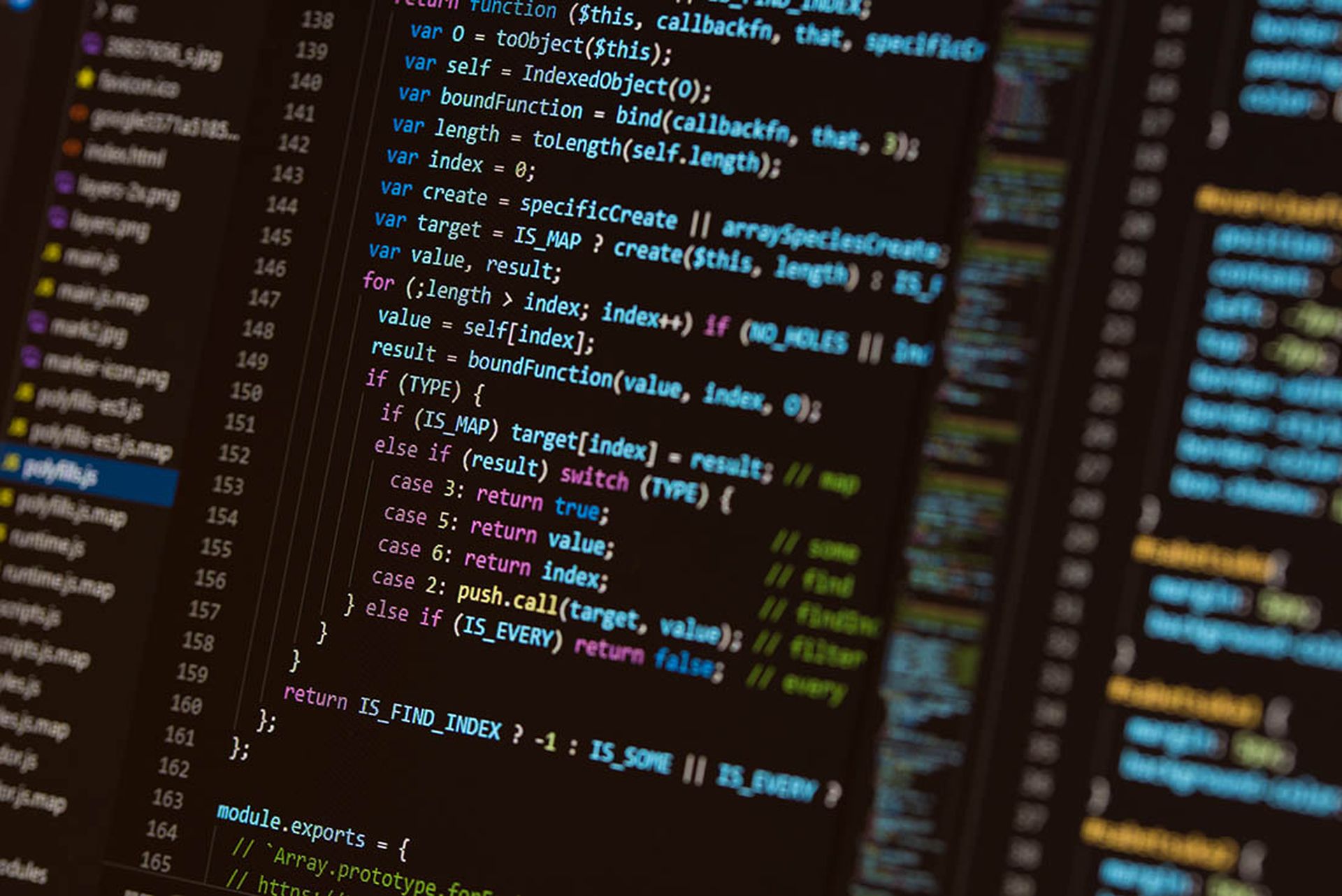To wit:
The authors have concluded that very few single cyber-related events have the capacity to cause a global shock. Governments nevertheless need to make detailed preparations to withstand and recover from a wide range of unwanted cyber events, both accidental and deliberate. There are significant and growing risks of localised misery and loss as a result of compromise of computer and telecommunications services. In addition, reliable Internet and other computer facilities are essential in recovering from most other large-scale disasters.
I think warfare theory has gone out the window because I agree with them to some extent; no single cyber-related event would end the world. Let's take that last part first and really stretch it out. Without internet and other computer facilities, you're facing a tougher road. Tougher times in disasters escalate the loss of life.
Not many die overnight, but just like a patient who survives an operation just to die from a raging infection, if you're dead it doesn't really matter how.
One example of global impact: Without food stores which the U.S. contributes to, within two years Somalia's famine of 1992 would look like a day at the beach with the kids and a Happy Meal. If you kill the Midwest U.S. region, you kill a large portion of the world who feeds on our excess. Let's look at other issues.
Response: How would cyberwarfare look?
From sci-fi to Stuxnet: Exploding gas pipelines and the Farewell Dossier – This single cyber-related event was significant enough that when observed by satellite from space it was said to have been the largest non-nuclear explosion ever observed from space.
Imagine if this explosion happened in Houston instead. That might be considered to be a global shock when the energy center of the U.S. gets hammered.
Who will be to blame for the loss of a cyberwar? – examines the mindset behind shifting blame from one authority center to another, also looks at the savage world without interconnected communication and power. Compare this to the Happy Meal scenario listed above and consider the impact which OECD says could not happen.
Cybercrime and cyberwarfare: Warnings unheeded? - the impact of powerful deceptive cyberwarfare operations shouldn't be underestimated. Discusses terrorist potential of cyber disruption. Answers whether this trend of ignoring warnings of cyberwarfare is wise considering historic examples.
What HILFs mean to critical infrastructure: Stuxnet and beyond – NERC strategy suggests that businesses plan for HILFs, such as EMP, or malware, such as Stuxnet. Particularly, it stresses to plan for effects in which one emergency may bleed over into another.
Bricking your cell phone: Mayhem on a massive scale – killing the comm channel of some 90% of any country's public would cause some serious morale loss, and probably set the GDP back a few notches as well since trade relies so much on these devices. Combine with the disaster of your choice.
21st century hunter-killer UAV enters restricted DC airspace – Skynet alive? – Does anyone even think that an armed HK descending on Washington DC airspace is not something to be concerned with which could cause a global shock?
Hired guns: Cyberwar PsyOps, Part 2 (Tunisia) – examines the impact on small countries when culture clashes with cyberculture. Result: one less U.S. allied government and a deposed dictatorship in an uneasy region. Is this a trend and what happens when cyber attacks lock down the internet? There's potentially more than one reason Tunisian dictator Ali's wife fled with gold rather than simply transferring funds. I'm still investigating this theory of DDoS effects on Tunisia's final days.
Feel free to post your thoughts here. I'll answer all of them, even if they're about iron bombs.



